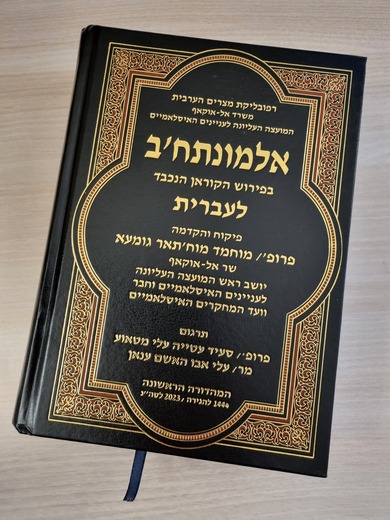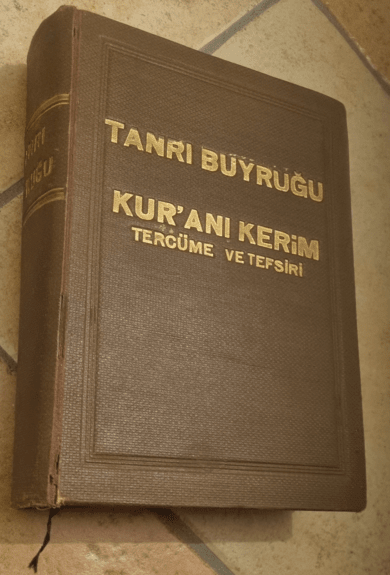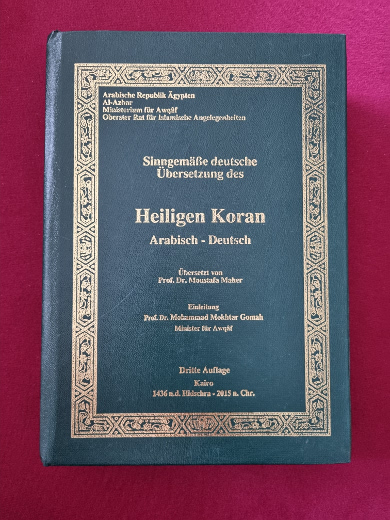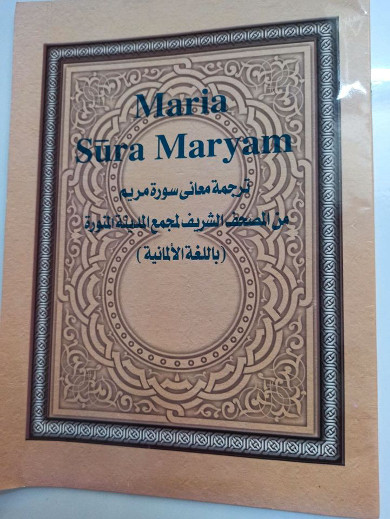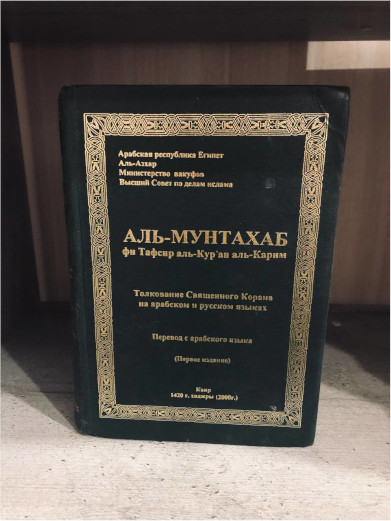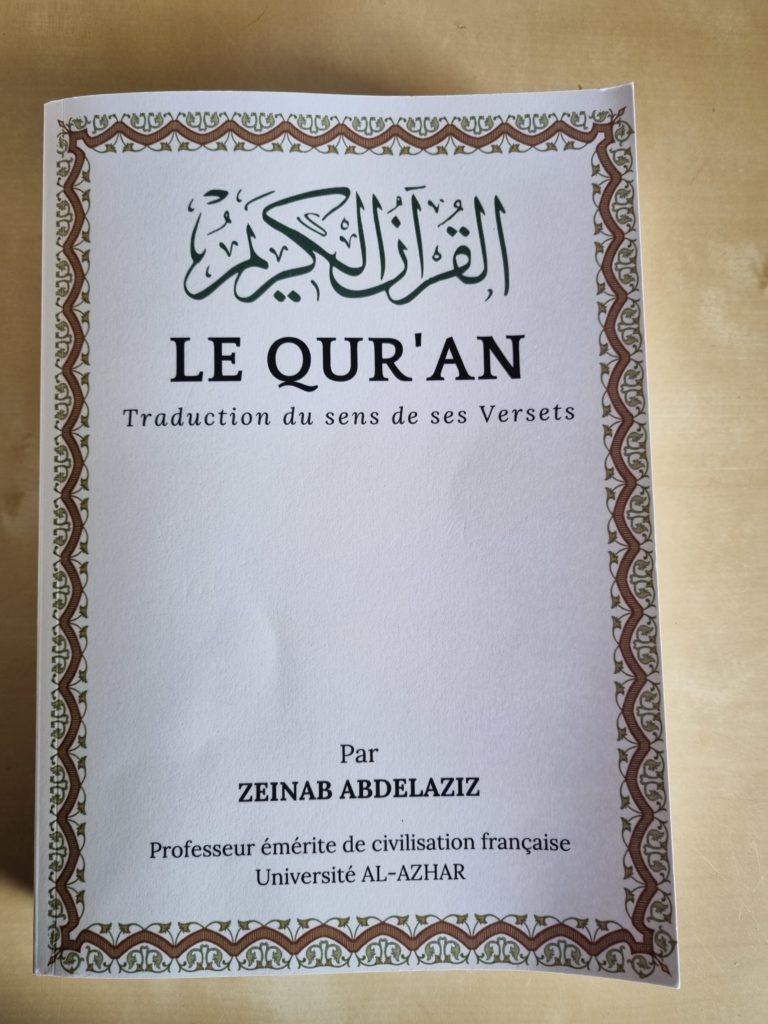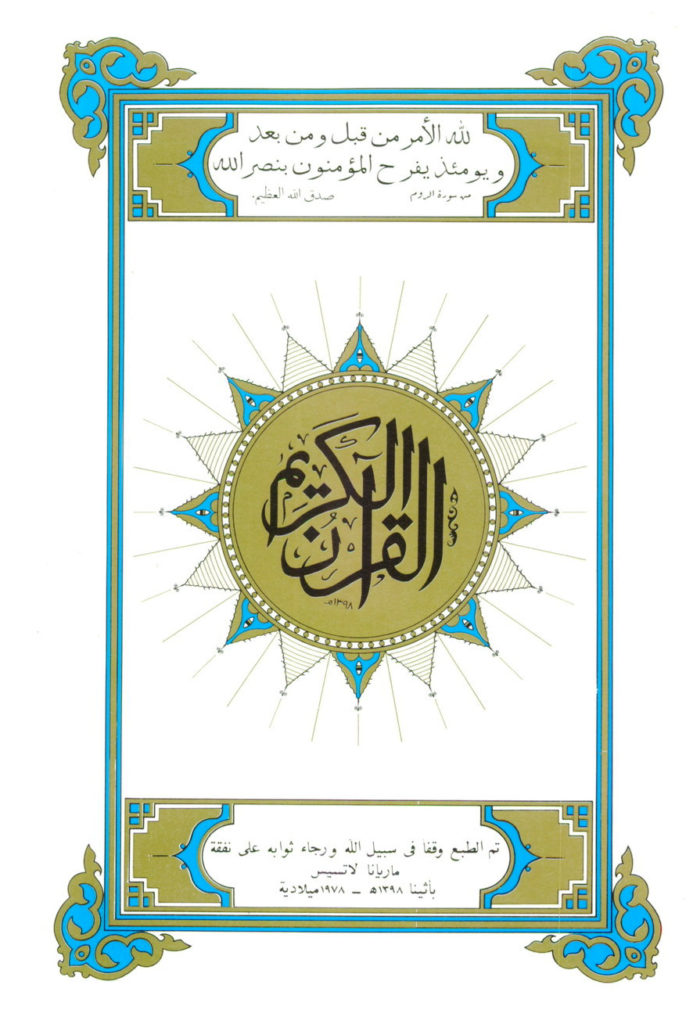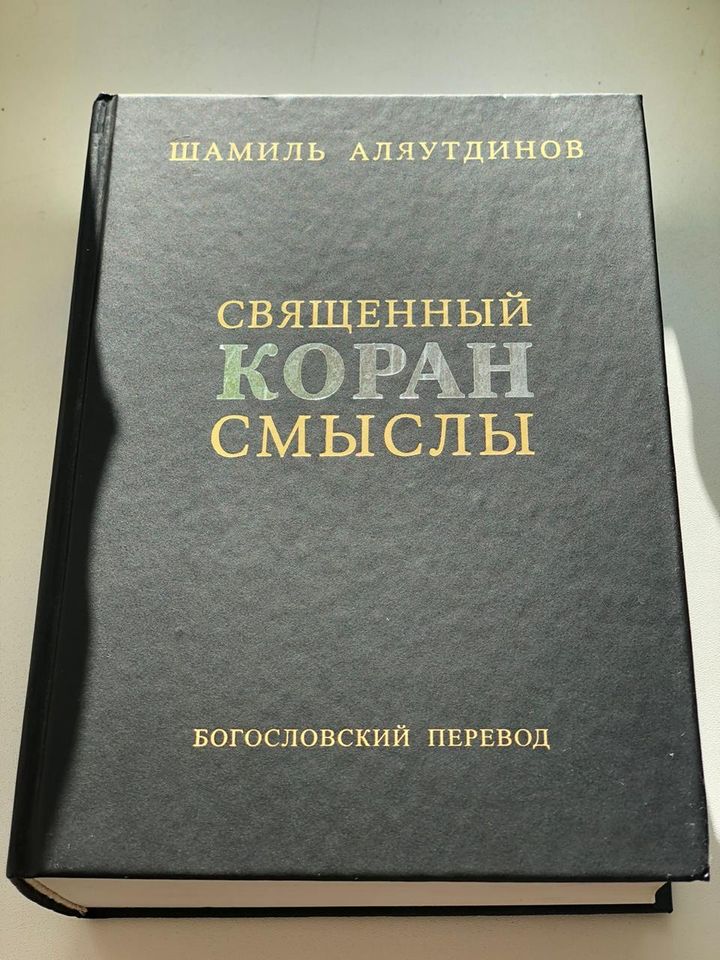Qur’an translation of the week #174: Tafsīr al-Muntakhab: a recent translation into Hebrew
Earlier this year, The Egyptian Ministry of Awqaf published a Hebrew translation of the work known as al-Muntakhab fī tafsīr al-Qurʾān al-karīm (‘Selections of Commentary on the Glorious Qur’an’). This was the latest step in their project to promote this work at a global level – it has already been translated into various languages including …
